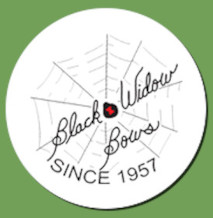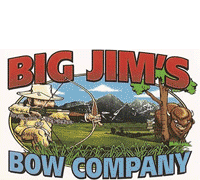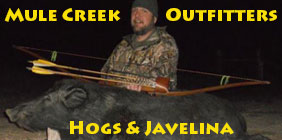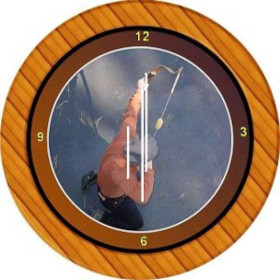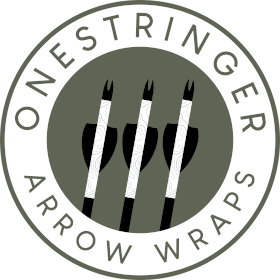Mockingbird here, hijacking my wife's identity, since she's already logged on and I don't wanna bump her.
I use deer fat to season cast iron cookware. The harder the fat, the better. (Pig fat [bacon grease] is no good, because as pointed out earlier, it's liquid at low temperatures. Hard beef fat is kinda ok, but deer tallow is better.) I just cut it right off the deer and stick it in the freezer 'as is'. When I need some, I pick out a piece I like, heat up the pan, and melt down enough to cover the pan, sides and all. Then keep heating the pan over medium to medium-high heat. Let it smoke (use an exhaust fan, or do it outside on a portable stove. Better yet, over a campfire!

:D ). Use a paper towel or cotton cloth to keep the stuff spread evenly as you continue to heat it. When it turns nice and dark, cut the heat and let the pan cool. If the pan needs more seasoning after this, just repeat the procedure. Several thin layers is better than one thick one. The idea is to heat each layer longer and hotter than you would during most cooking, to create a hard glaze, so that when you DO cook, you never reach the temperature required to melt the seasoning layer(s).
You won't get the "chapstick effect", because you've taken the fat beyond that into a hard glaze coating that stays intact at normal cooking temperatures.
Tips: use wood or plastic/teflon coated utensils to cook. You want something that's fairly soft so you don't scrape off your seasoning layers. If you must use metal, be careful; use it gently.
Never use soap or detergent to clean cast iron. They will strip the seasoning off your cookware. Hot water and a nylon scrubber is all you need. Make SURE the scrubber isn't impregnated with some kind of abrasive, the way Scotch Brite is. A scrubber for teflon is probably ok. If you don't have a soft scrubber, use a cotton cloth.
Don't use too much 'elbow grease' with your scrubber. Washing any surface is done for three reasons: to remove particulate matter, chemical contaminants, and/or biological contaminants (germs). In cleaning cast iron, you mostly want to remove particulate matter (any stuck-on stuff). A light scrubbing should do if your pan is already well seasoned. After cleaning, wipe dry immediately, and coat with a light, thin film of your favorite cooking oil.
You're trying to keep your pan smooth and slick, mostly. Chemical contamination is not a real issue, because nothing toxic is going into the pan. Any germs on the pan itself are killed in the heat of cooking. The only way to introduce fresh microbes is with contaminated food.
Never boil anything in your cast iron pan. This will also strip the seasoning, as will cooking with wine (the alcohol does it). If you do boil or cook with wine, be prepared to re-season your pan.
If your pan is not smooth, slick, and dark, you may need to purposely strip it down to the metal and start over. Your call.
Mockingbird





